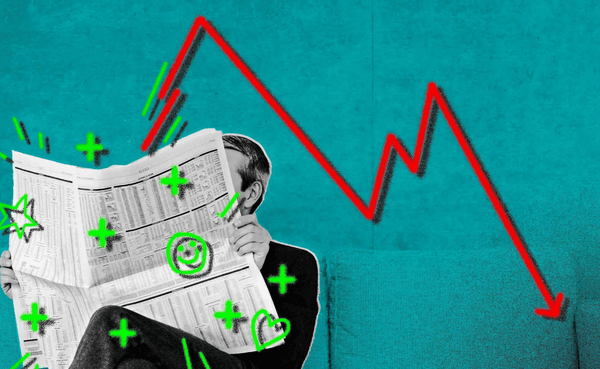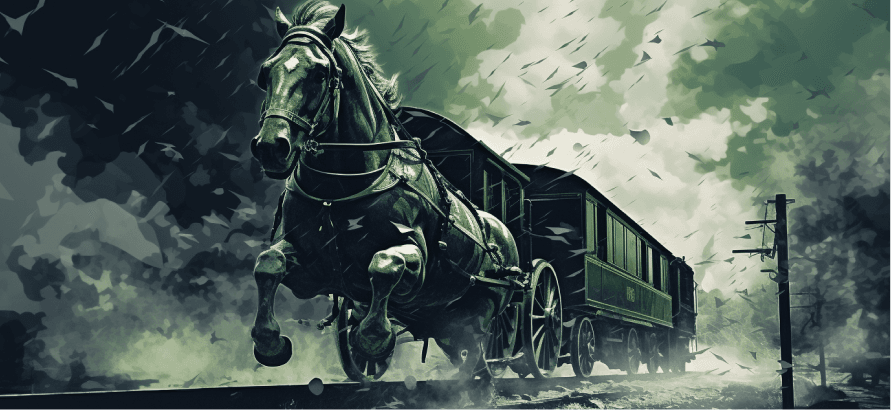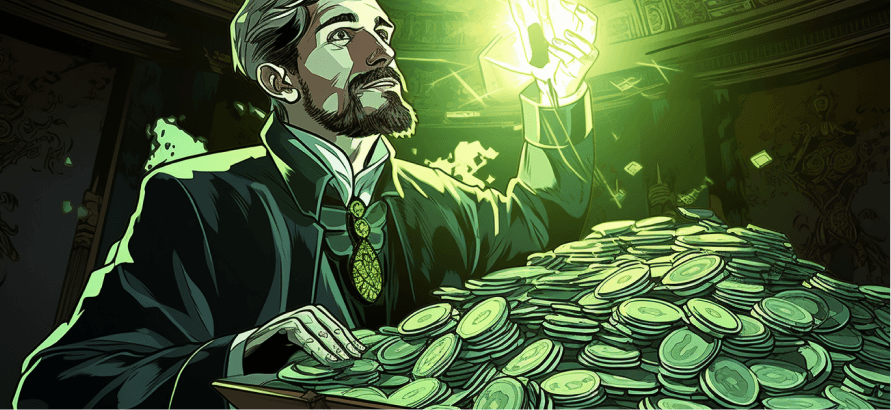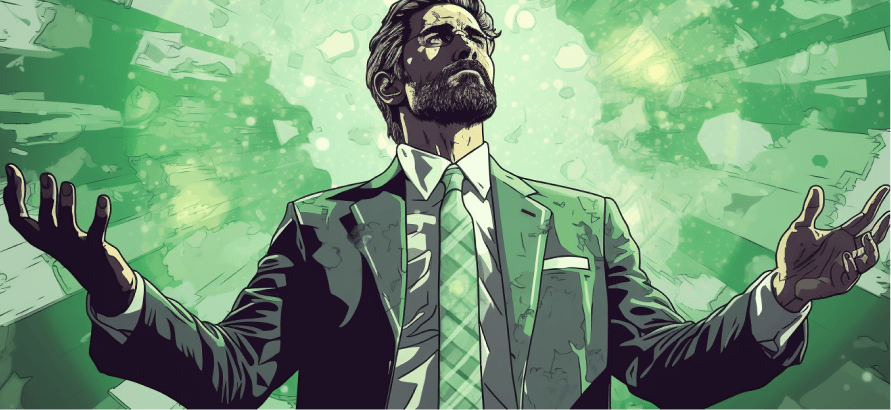Common Plots of Economic History
Curated from: collaborativefund.com
Ideas, facts & insights covering these topics:
·
·
·
·
7 ideas
·41.3K reads
249
3
Explore the World's Best Ideas
Join today and uncover 100+ curated journeys from 50+ topics. Unlock access to our mobile app with extensive features.
The lens to look through in economics
Economic history can seem complicated because it's part of politics, psychology, sociology, criminology, biology, military, technology, education, finance, etc. But within all that complexity is a lot of similarities.
- People seem to want the same economic things – security, power, admiration, fulfillment.
- They tend to use the same tactics to acquire those things - work, risk, incentives, persuasion, theft, control.
- They tend to fall for the same flaws pursuing those things - overconfidence, pessimism, underestimating how fast things can change, etc.
1.15K
10K reads
Good ideas have their limits
A good idea taken to the furthest extreme becomes indistinguishable from a terrible idea.
The most important technological breakthroughs deliver such a high that most will fail to know the limits and will inevitably overdose. Railroads transformed every inch of the economy, from military tactics to where people could live and work. The excitement over rail's potential sparked overbuilding and cutthroat competition that pulled the country into economic chaos at least three times.
The history of oil, cars, banks, housing, and technology are identical. So are certain regulations, social programs ..
1.08K
7.56K reads
A competitive advantage can vanish
The only thing harder than gaining a competitive edge is not losing an advantage when you have one.
Sears was the largest retailer in the world and so dominant at retailing efficiency that it could spread its efficiency to unrelated industries. But then the growing income inequality pushed consumers to either bargain or luxury goods, and Sears was left in the shrinking middle, becoming a shell of its former self.
The story of Sears losing its competitive advantage is not unique. Almost 40% of all public companies lost all their value from 1980 to 2014.
1.01K
6.21K reads
Past progress is often misunderstood
Future progress is underrated because past progress is misunderstood.
- There are times when optimism is so great and so broad that we become blind to future risks
- People tend to be optimistic about their own future but pessimistic about others. Most people you know are reasonably happy but suspicious over the direction of the country and its future. When people are cynical about others, a natural path is to discount what other people are capable of in the future.
- Underestimating future growth, in general, is also a typical plot.
1K
5.18K reads
Underestimating general future growth
- Past progress as a one-time event misses how much of progress is incremental. A breakthrough never occurs in isolation but is the product of many little discoveries, often meaningless by themselves, that someone links together.
- Assuming that big current problems will prevent future progress. This misses that most progress feeds off big current issues.
- In real-time, it nearly always looks like progress over the previous decade has stalled, seeming to confirm that we've reached the limit of our innovation. This is because it often takes a decade or more for breakthroughs to be noticed.
1.02K
4.3K reads
Surprises matter in the economy
Surprises are constant, and not necessarily because we’re bad at predicting, but because everything important in the economy is driven by power laws where a tiny portion of things are responsible for the majority of outcomes. No single forecaster can track every moving part.
953
4.09K reads
A willingness to believe is the foundation for growth
The ability to believe things that aren't true or haven't happened yet is the foundation of all economic growth and decline.
Every society tells fictional stories and is willing to believe them to some extend. It isn't a bad thing: It's the root of most growth. Most economic growth comes from optimism, and optimism requires a degree of believing in something you can't or haven't verified.
991
3.94K reads
IDEAS CURATED BY
CURATOR'S NOTE
Economics is also about the stories we tell ourselves
“
Summer S.'s ideas are part of this journey:
Learn more about moneyandinvestments with this collection
Proper running form
Tips for staying motivated
Importance of rest and recovery
Related collections
Similar ideas
4 ideas
Just One Thing: Find Common Ground
greatergood.berkeley.edu
7 ideas
How to Train Your Brain to Think in New Ways
jamesclear.com
6 ideas
Five Lessons from History
collaborativefund.com
Read & Learn
20x Faster
without
deepstash
with
deepstash
with
deepstash
Personalized microlearning
—
100+ Learning Journeys
—
Access to 200,000+ ideas
—
Access to the mobile app
—
Unlimited idea saving
—
—
Unlimited history
—
—
Unlimited listening to ideas
—
—
Downloading & offline access
—
—
Supercharge your mind with one idea per day
Enter your email and spend 1 minute every day to learn something new.
I agree to receive email updates






